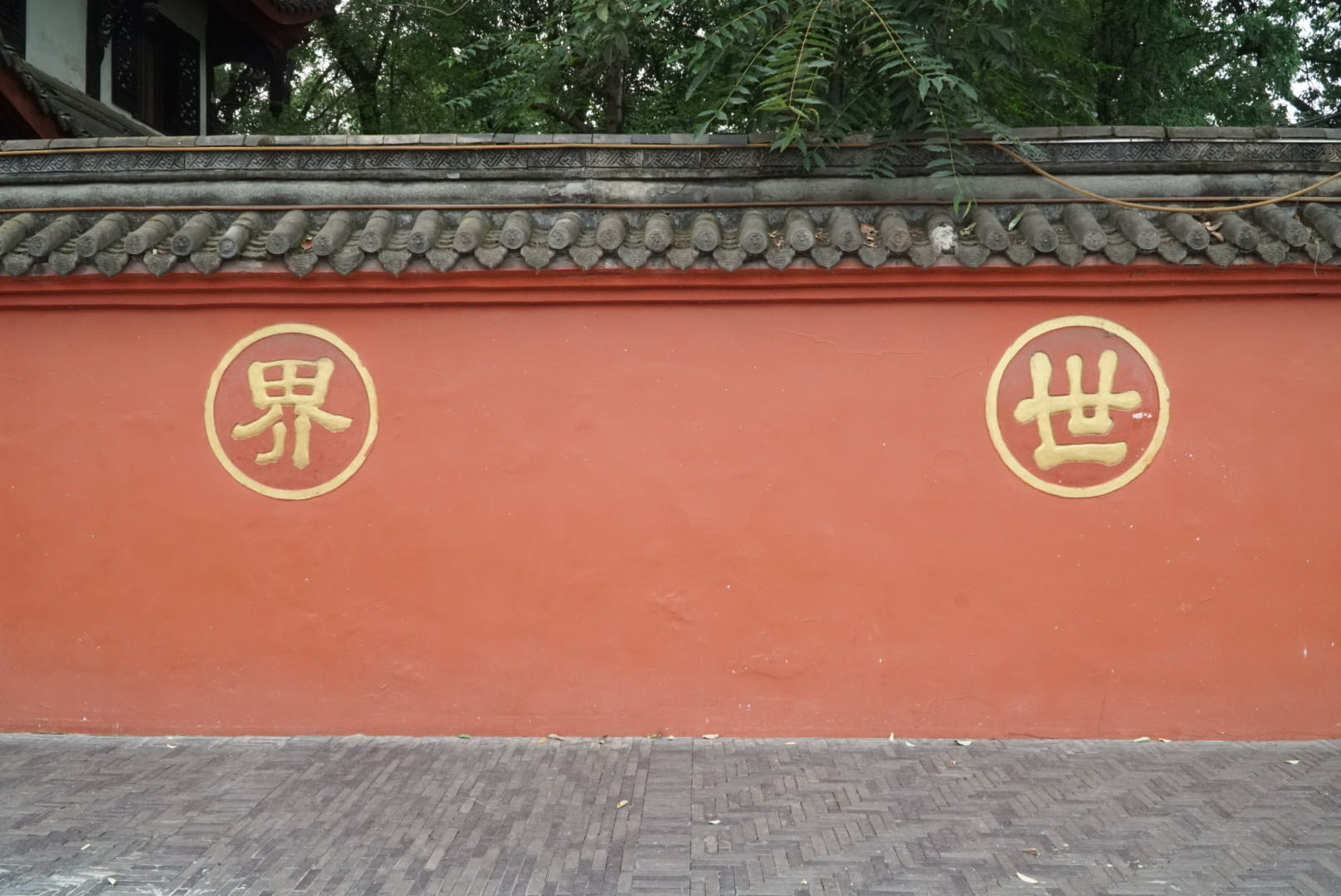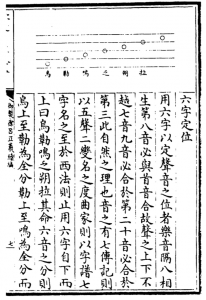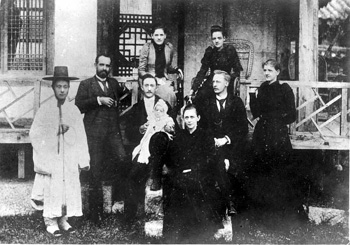Liping Wang
Assistant Professor, University of Hong Kong
“Legal Pluralism or Jurisdictional Nexuses: The Transformation of Jurisdictional Boundaries in China-Inner Mongolia, 1900-1930”
Thursday, November 17 4:00-6:00 PM
John Hope Franklin Room, (SSR 224)
Discussant:
Yuan Tian (PhD Student, Department of History)
The East Asia: Transregional Histories workshop is delighted to host Professor Liping Wang of the University of Hong Kong next Thursday, November 17. Please see the below abstract for the work.
“This presentation comes from one chapter in my book under work. In this chapter, historical examples from eastern Inner Mongolia will illustrate the hazy jurisdictional boundaries between Mongol banners and Han Chinese migrant communities, a structure that formed under the Qing Empire. Multiple frontier agents, including banner nobles, civilian county magistrates, frontier governors, and local representatives of Lifan yuan, all participated in judicial processes that sometimes involved Mongols and sometimes mixed ethnic groups. Frontier legal jurisdiction was therefore not a whole cloth. Frontier agents, who represented the state or the local Mongolian interests to varying degrees, diversified the expression of legal authority. This structure evokes the question: can we conceptualize the multiple legal orders operating/cooperating in the Qing Empire as a case of legal pluralism? Legal pluralism is a term introduced in colonial studies and reformulated to stress the multiplicity of legal practices in empires as opposed to the legal uniformity characterizing nation-states. Moreover, these rather diversified legal jurisdictions in the frontier were being shattered in the early twentieth century. System decay started with the transformation of Lifan yuan, which destabilized the balance between different agents, and triggered their competitions to augment their respective jurisdictional scopes. Based upon a variety of sources (including the official memorials, local gazetteers, the archives of the Department of Mongolian and Tibetan Affairs, and sources collected from the Archives of the Inner Mongolian Autonomous Region), this chapter pinpoints the most important changes that transformed the frontier jurisdictional divisions, which directly propelled the formation of confrontational ethnic relationship in China-Inner Mongolia in the early 20th century.”
As always, first-time attendees are welcome. Light refreshments and snacks will be served.


